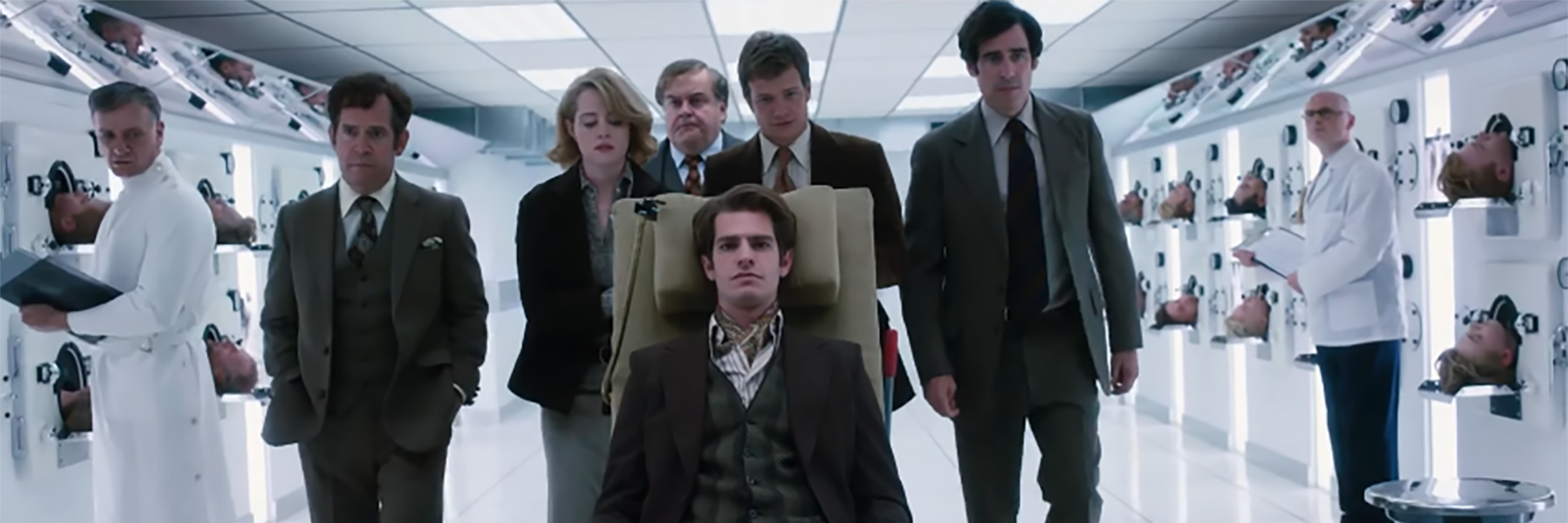New Film ‘Breathe’ Depicts Life of Disability Advocate Robin Cavendish
On Thursday, the trailer was released for upcoming movie “Breathe,” tapped to open the BFI London Film Festival in October. The film offers a look at the life of one of the U.K.’s first disability advocates, Robin Cavendish, played by Andrew Garfield.
Cavendish was an adventurous young man whose life was nearly cut short after he developed polio in 1958 at age 28. Although he was paralyzed from the neck down, unable to breathe without a respirator and told he had only a few months to live, Cavendish fought to leave the hospital, with the help of his pregnant wife Diana. Together they blazed a new trail, determined to raise their son and live life to the fullest.
With the help of a friend, university professor Teddy Hall, Cavendish developed the first wheelchair with a built-in respirator and other new technology to bring mobility and independence to his fellow “responauts.” He became one of the first campaigners for the right of people with disabilities to live in the community rather than in institutions. A scene from the trailer shows him being wheeled past rows of patients in iron lungs and asking a hospital director, “Why do you keep your disabled people in prison?”
The couple traveled widely throughout Europe and founded an accessible holiday complex on the South Coast of England, The Netley Waterside House, so people with disabilities and their families could vacation together. Cavendish died in 1994 at the age of 64, becoming one of the longest-lived polio survivors in Great Britain.
“Breathe” marks the directorial debut of Andy Serkis, known for his acting roles including Gollum in the “Lord of the Rings” series and Caesar in the “Planet of the Apes” series. Serkis’ business partner, Jonathan Cavendish, is the son of Robin and Diana Cavendish and produced the film.
Jonathan Cavendish and Robin’s widow, Diana, served as consultants on the film. Serkis’ sister has multiple sclerosis.
The Mighty reached out to Imaginarium Studios to inquire as to whether people with disabilities were consulted or cast in the film but has not yet received a response.

